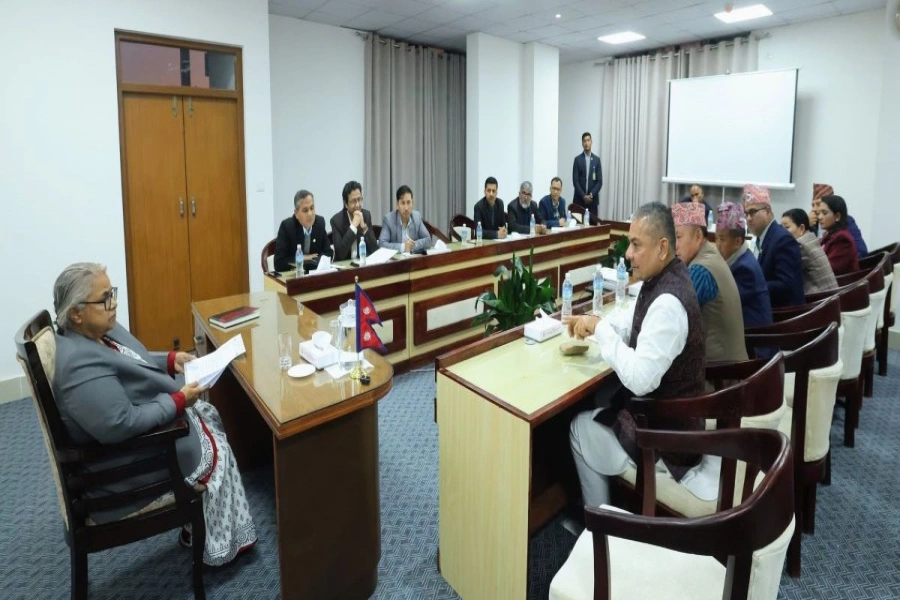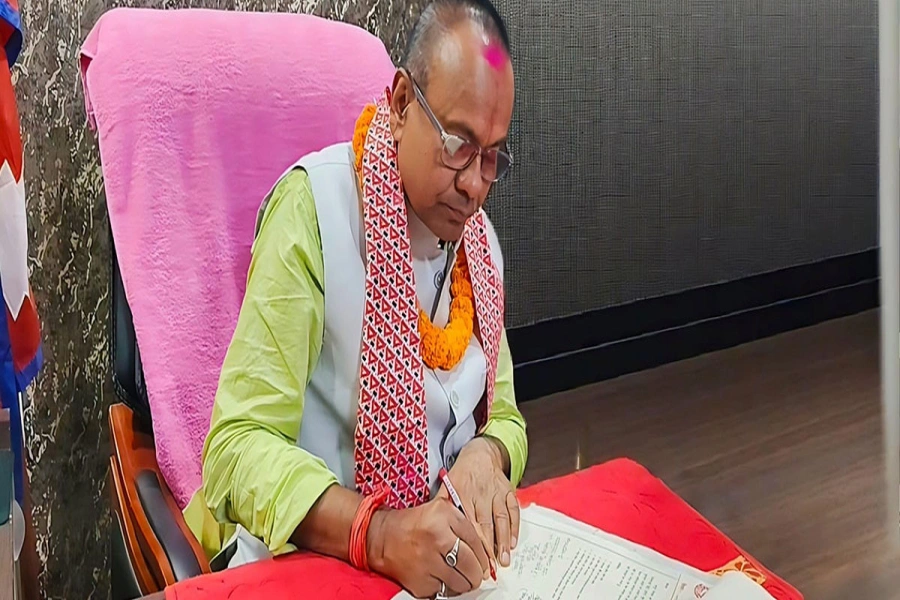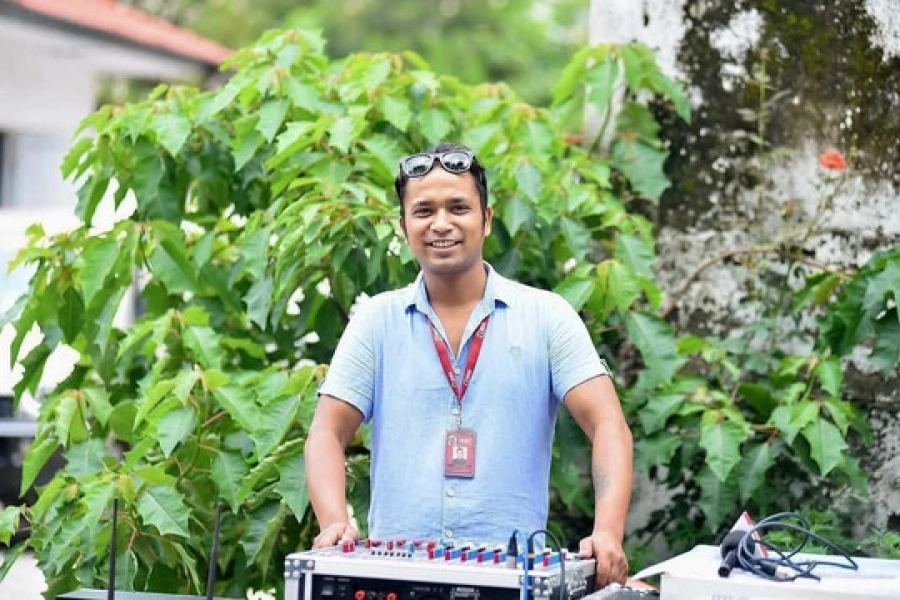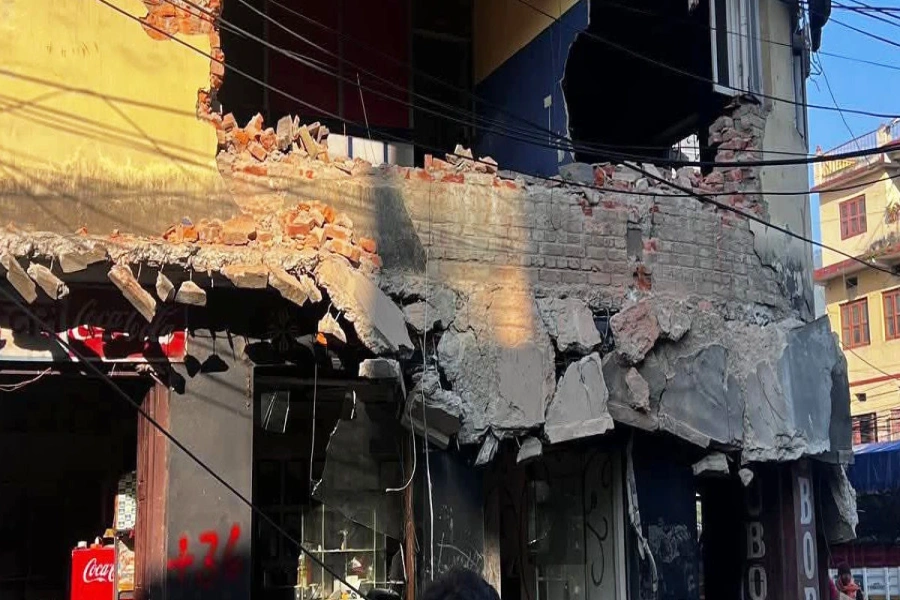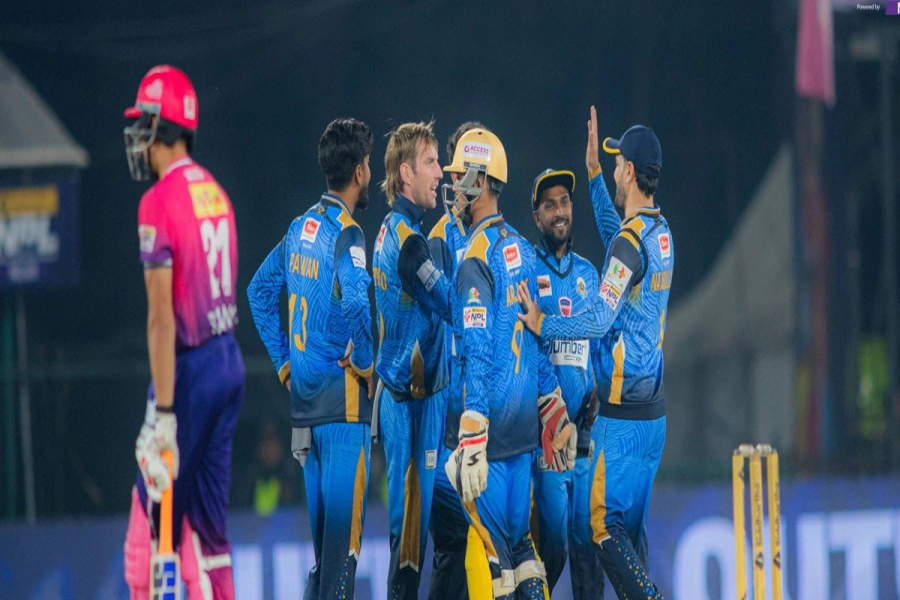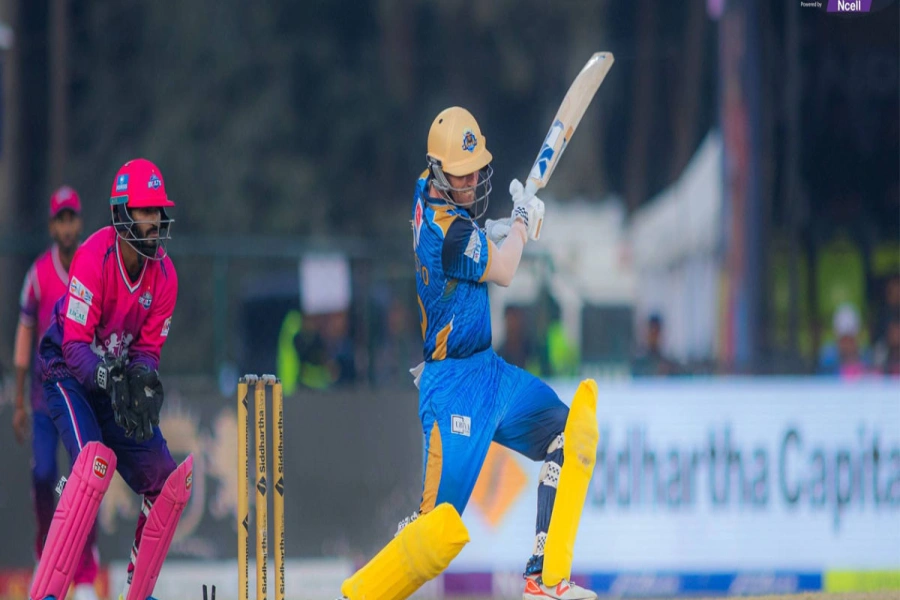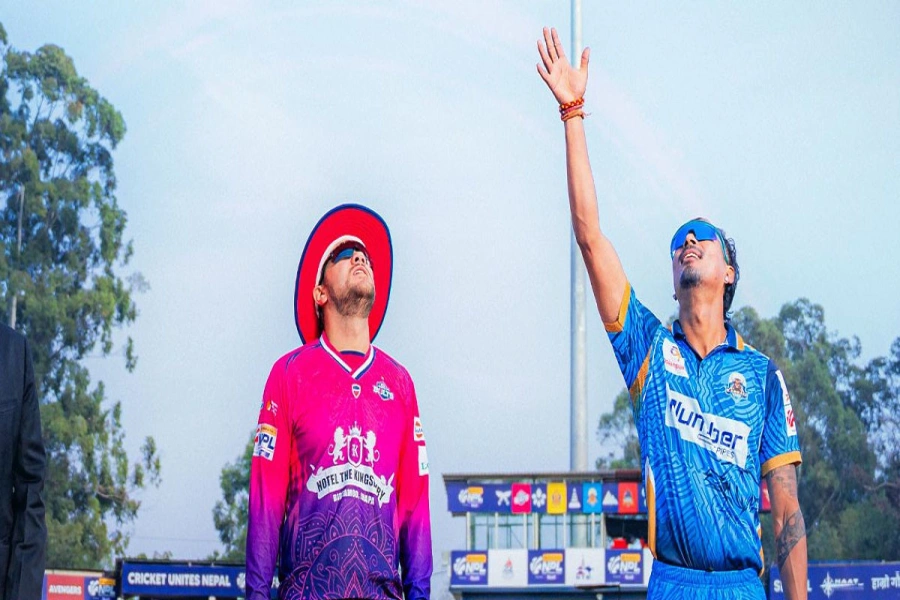KATHMANDU, March 5: Nepali politics currently stands at a critical and pivotal juncture. The recent order by the Supreme Court on Friday has mandated the apex court administration to register two petitions, which have levied serious accusations against Prime Minister and CPN (Maoist Center) Chairman Pushpa Kamal Dahal. These petitions hold him responsible for the loss of life, damage, and destruction that occurred during the decade-long Maoist insurgency. They demand his immediate arrest and a thorough investigation into the severe charges brought against him.
For over fifteen years, ever since Dahal entered mainstream politics after his party, the then CPN-Maoist, signed the Comprehensive Peace Agreement (CPA) with the government in 2006, the Supreme Court (SC) had been repeatedly rejecting similar writ petitions. However, this recent order signals a departure from the court's previous stance on the issue. It underscores the gravity of the situation and highlights the imperative need for justice to be served, even in the face of armed conflict.
The latest decision of the apex court has led to a series of intriguing questions regarding the future of Nepali politics. The court's decision to allow the registration of two petitions that call for the immediate arrest of Prime Minister Dahal and hold him accountable for the loss of life and destruction that occurred during the Maoist insurgency has created a sense of uncertainty.
Dahal’s ‘confession’
On January 15, 2020, while addressing a gathering at Tundikhel in the capital held to observe the Maghi festival, Prime Minister Dahal had said that he was ready to take the responsibility for the 5,000 of the 17,000 deaths that took place during the Maoist conflict. “I am told that I came after killing 17,000 people. Friends, that is not true. Let me tell you the truth. The feudal kings of the past killed 12,000. If you accuse me of killing 5,000, I will own that. But there will be no justice for the 12,000 killed by the state, and there will be no justice if that is also put on my head,” PM Dahal had said, “I cannot run away from it. But people cannot blame me for what I didn’t do.”
Petitions filed against PM Dahal at SC, hearing on March 9

The petitioners have used this statement as strong evidence against Prime Minister Dahal.
‘Let legal process begin’
Advocate Gyanendra Aran told Republica that their petition demands that the legal process begin immediately. In the past, the administration of the Supreme Court had refused to register the petition several times. They argued that a criminal case cannot be registered solely on the basis of political expression. However, on Friday, a division bench of SC Justices Ishwar Prasad Khatiwada and Hari Phuyal ordered the apex court administration to register the petitions.
One of the two petitions will be filed by advocate Aran and 17 other victims of the Maoist war. All 18 of the petitioners were victims of the Maoist war, with some losing their husbands, some losing their fathers, and others losing other close relatives.
Talking to Republica on Saturday evening, advocate Aran said, “The SC order to the court administration to register the petition proves that the Supreme Court is fearless, free and fair. Prime Minister Dahal has publicly admitted that the Maoists are responsible for at least 5,000 of the nearly 17,000 deaths that occurred during the decade-long insurgency. Now, Dahal should be held accountable for his deeds.”
Aran also said that his father was among the 5,000 people, who according to PM Dahal were killed by the Maoists. “My father was killed after extreme torture. We had filed complaints against Dahal at the police headquarters. Complaints were registered at the National Human Rights Commission as well. But nothing happened. The court administration would not agree to register our petition. In a way, the state acted like a mute spectator even after Dahal’s public confession to the huge crime,” Aran told Republica, “But now there is a glimmer of hope.”
Demand: Interim order to arrest PM Dahal
“Now we want the legal process to take its course. Dahal should be arrested immediately and an investigation into all those killings must begin,” Aran said. “We will register the case tomorrow (Sunday), demanding an interim order from the court for Dahal’s arrest and further action as per the law.”
A total of 14 petitioners, including war victim and advocate Kalyan Budhathoki, are preparing to file the second petition against Prime Minister Dahal. The petitioners are resolute in their stance that Dahal cannot evade justice by taking responsibility for only 5,000 deaths. They believe that he should be held accountable for all 17,000 deaths and the extensive destruction that followed, as it was he who initiated the Maoist insurgency.
The petitioners are determined to seek justice and hold Dahal accountable for the immense suffering and loss of life that occurred during the conflict. Their voices are a testament to the unwavering spirit of those who have suffered at the hands of “the Maoist killers”, and they are a reminder that justice must be served regardless of who holds the position of authority.
“Dahal and Baburam Bhattarai and the entire central committee of the then CPN-Maoist should be held accountable for all the deaths and destruction that happened in the name of the so-called people’s war because all the damage, deaths and destruction that happened was a result and consequence of their policy decisions,” Budhathoki told Republica.
The then CPN-Maoist, with Dahal as its chairman, waged the armed insurgency for 10 years in the name of 'People's War'. The rebellion that started on February 13, 1996 officially came to an end after a Comprehensive Peace Agreement was signed on November 21, 2006. The CPA was signed by the then Prime Minister Girija Prasad Koirala on behalf of the government and Chairman Dahal on behalf of the rebel side. During the 10-year conflict, at least 17,000 civilians were killed by the state and the rebel party and public and private property worth hundreds of billions of rupees was damaged.






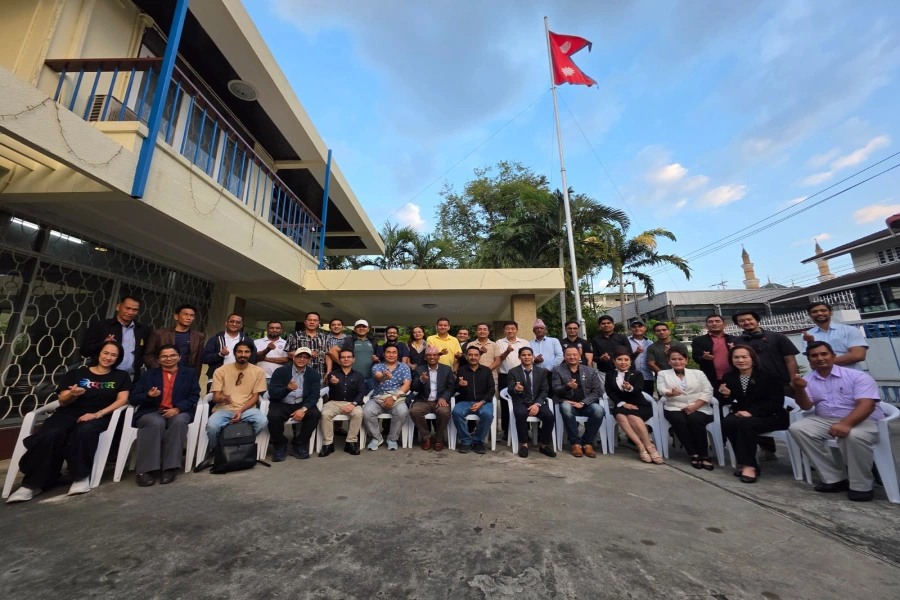



_20230114102317.jpg)







